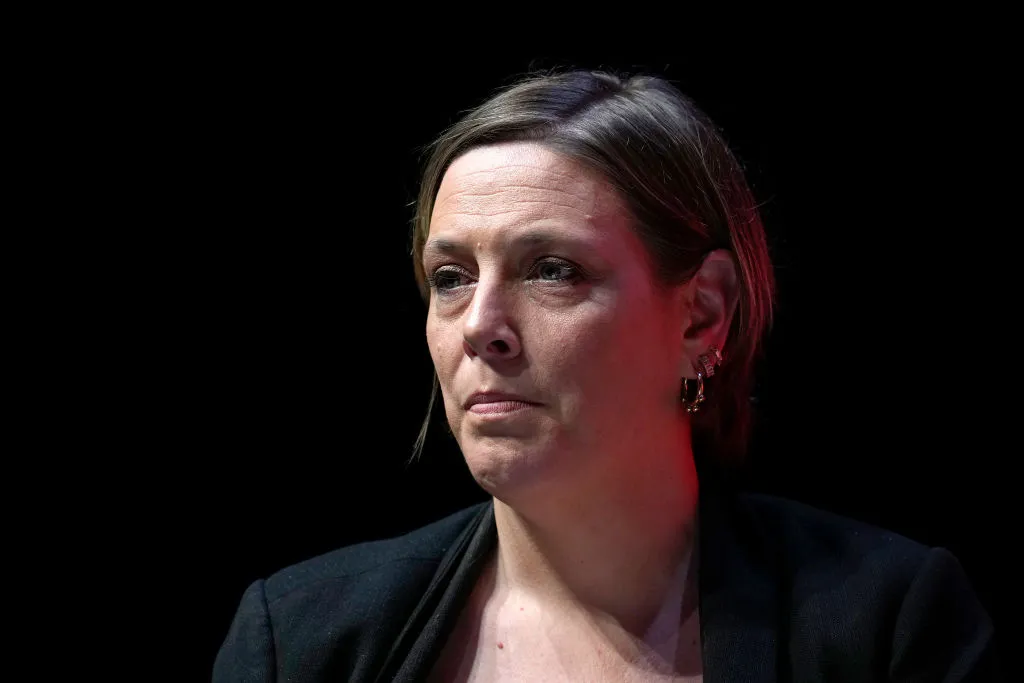
Introduction
Nick Clegg, the former Deputy Prime Minister of the United Kingdom and leader of the Liberal Democrats, continues to be a significant figure in UK politics. His career has been marked by pivotal decisions, especially during his tenure in the coalition government from 2010-2015. Understanding Clegg’s role and actions is crucial for grasping contemporary political dynamics and the shifting landscape of British politics.
Current Position and Activities
After stepping down from politics, Clegg took on the role of Vice President of Global Affairs at Meta Platforms, Inc. (formerly Facebook), where he contributes to the company’s discussions on policy and public affairs. This position allows him to intersect his political acumen with global digital dialogue concerning privacy, misinformation, and online governance.
Over recent months, Clegg has actively participated in debates surrounding social media regulation, particularly in context of the UK’s Online Safety Bill and the dire need for protective measures against online harm. His insights from both the public and private sectors provide a unique perspective on balancing innovation and responsibility.
Impact on UK Politics
Clegg’s tenure in government was marked by significant events, including the implementation of austerity measures in the wake of the financial crisis and educational reforms such as the introduction of the pupil premium. However, his legacy is also shadowed by the controversial decisions surrounding student tuition fees, which led to a considerable decline in support from young voters, highlighting the challenges of coalition governance.
Moreover, as the Liberal Democrats struggled in the aftermath of coalition, Clegg has remained a vocal advocate for liberal policies including immigration reform and climate action. His ongoing commitment to these issues resonates with many who are concerned about the current political divides in the UK.
Conclusion
Nick Clegg remains an important voice in British political discourse, straddling roles between political leadership and corporate governance. His experiences illustrate the complexities faced by politicians in a rapidly changing environment. Looking forward, Clegg’s role at Meta could influence how integral digital platforms become in shaping policy and public opinion. As debates around social media and democracy intensify, the insights derived from Clegg’s career will continue to provide valuable reflections on governance in the 21st century. For readers, understanding his journey can facilitate a deeper awareness of the interplay between technology, policy, and societal values in modern Britain.
You may also like

The UKIP Party: Recent Developments and Future Outlook

Qatar’s Growing Influence in Global Affairs
